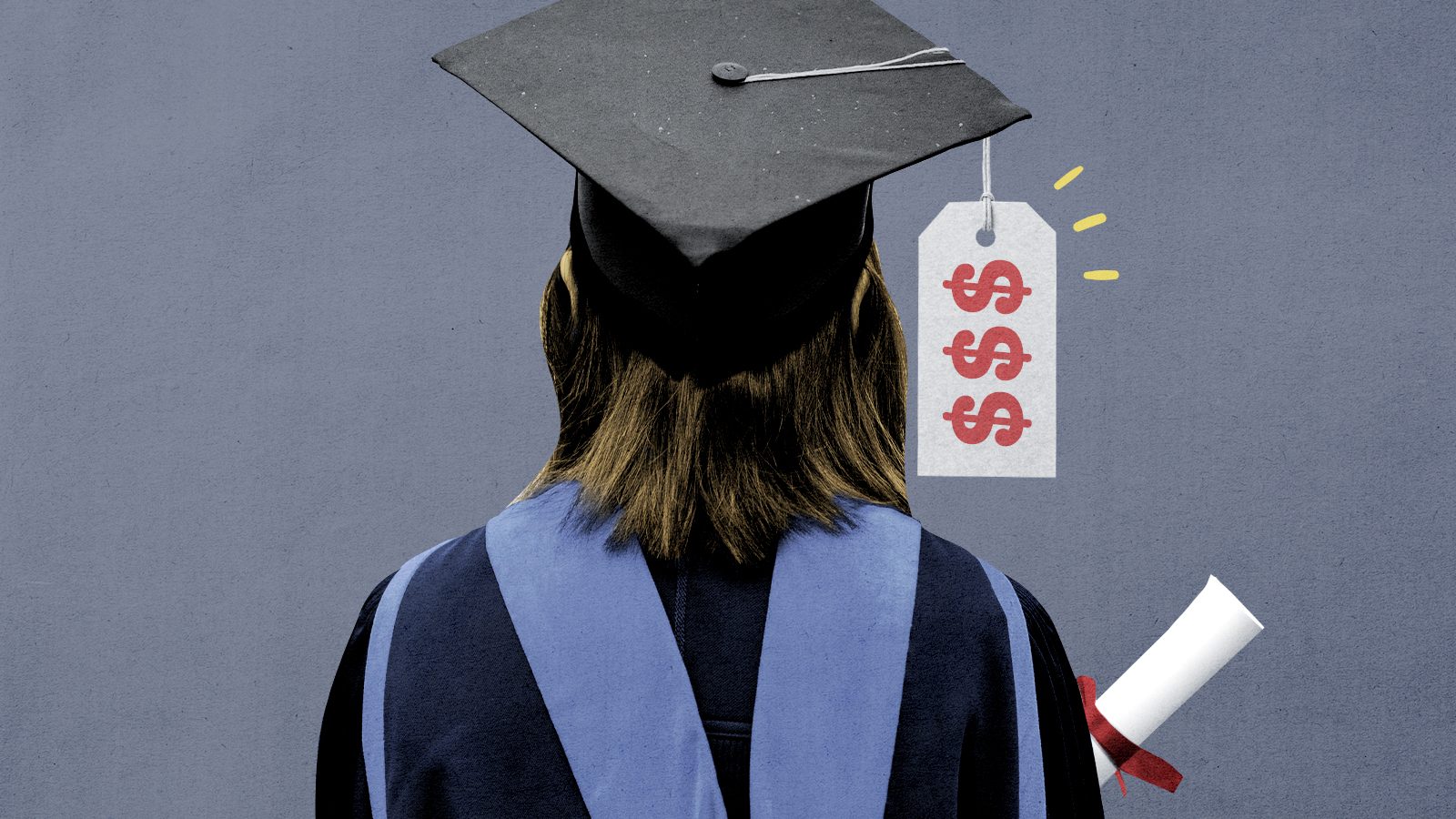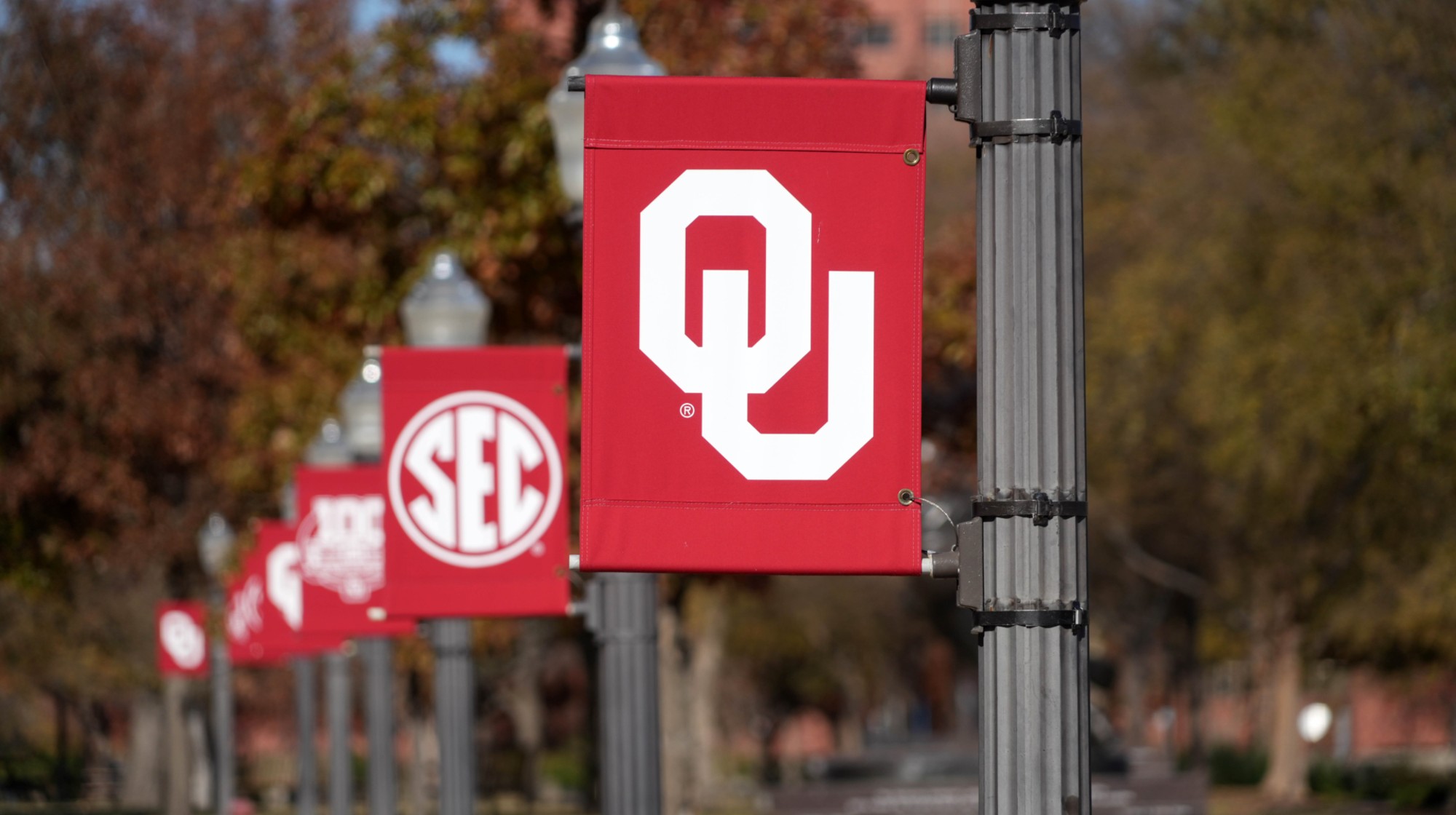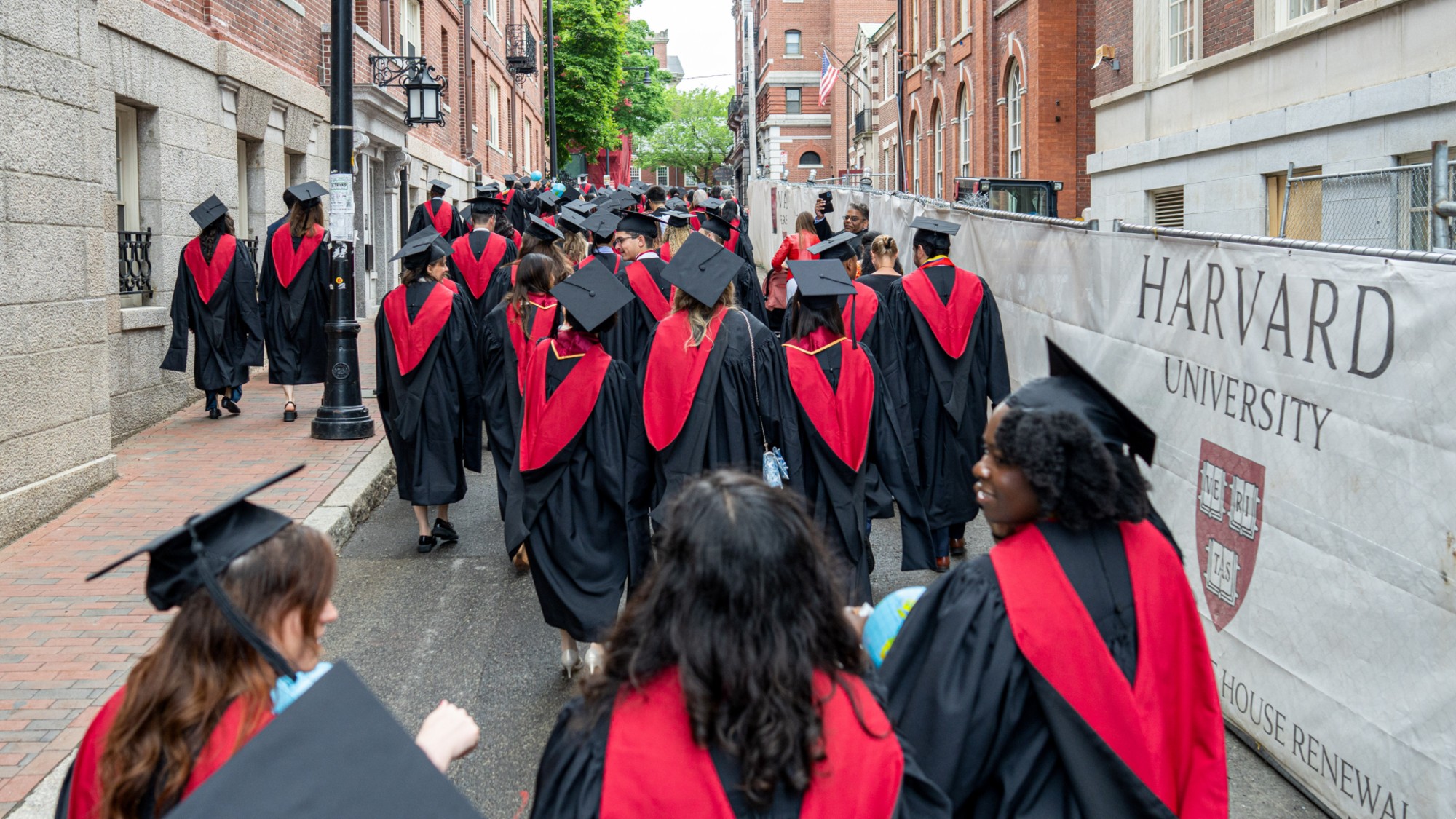The pros and cons of student loan forgiveness
A look at some of the major points on both sides of the debate

A free daily email with the biggest news stories of the day – and the best features from TheWeek.com
You are now subscribed
Your newsletter sign-up was successful
President Biden's time in office is soon coming to an end. With it, his promise to offer widespread student loan forgiveness — a plan that has drawn both praise and criticism — may meet its end as well.
While it is not yet totally clear what President-elect Donald Trump will do once he assumes office in January, he seems "poised to pull the plug on President Joe Biden's yearslong push to cancel student debt for tens of millions of people," said Politico. In unfortunate news for those who supported or anticipated forgiveness, "Trump transition advisers and outside allies have been discussing ways to quickly unwind the various Biden-era initiatives that offered new or easier paths to loan forgiveness for borrowers," the outlet added, citing two people familiar with the discussions.
Even if the issue of student loan forgiveness is laid to rest for now, it may come up again in the future, especially given its popularity among voters. In a June poll conducted by The Associated Press and the University of Chicago, it was found that, "39% of adults think it's extremely or very important for the U.S. government to provide student loan relief." Still, "Democrats (58%) were far more likely than Independents (44%) or Republicans (15%) to back student loan relief," said NPR.
The Week
Escape your echo chamber. Get the facts behind the news, plus analysis from multiple perspectives.

Sign up for The Week's Free Newsletters
From our morning news briefing to a weekly Good News Newsletter, get the best of The Week delivered directly to your inbox.
From our morning news briefing to a weekly Good News Newsletter, get the best of The Week delivered directly to your inbox.
Here is a look at some of the arguments from both sides of the debate.
Con: Forgiving debt is not fair to people who have already made their payments
Forgiving student debt would be a "great gift" to graduates, said the Boston Herald editorial board — but so would having your "mortgages, car loans, and … credit card debt" forgiven. "That's not on the table" though, because "adults who assume debt are supposed to be responsible and pay for the things they purchase." For that reason, others have called debt forgiveness a "slap in the face to all who sacrificed and worked extra jobs to pay off their student loans," said NBC News.
Pro: Debt forgiveness is the empathetic solution
"The argument that 'this is how it was for me, so why should it be any easier for you' is a lazy interpretation of — and solution for — a crisis decades in the making," said Christina Wyman at NBC News.
Besides, "anybody who takes a close look at student loans in the United States will see an unfair system," said The Student Loan Sherpa. "From a young age, Americans are indoctrinated on the idea that after high school, you go to college," and then "we let people who are not even old enough to buy a beer commit to repaying over $100,000 of debt." Later on, "when people enter repayment, there are special rules that protect lenders that don't apply to mortgages or credit cards," which suggests that "compared to these other debts, the rules for student loans are particularly cruel."
A free daily email with the biggest news stories of the day – and the best features from TheWeek.com
Con: Student loan forgiveness does not address the root problem and could even exacerbate it
Even though student loan forgiveness would offer a temporary solution for some currently burdened by debt, it would not actually "address the larger problem of soaring college tuition costs," said Marc Goldwein, the senior policy director at the Committee for a Responsible Federal Budget, to NPR. Instead, "it might make that problem worse — like a Band-Aid that masks a more serious infection underneath." If borrowers feel assuaged by this round of loan forgiveness, others might feel less hesitant to take on debt in the future. "People are going to assume there's a likelihood that debt is canceled again and again," said Goldwein. "And if you assume there's a likelihood it's canceled, you're going to be more likely to take out more debt up front. That's going to give colleges more pricing power to raise tuition without pressure and to offer more low-value degrees."
Pro: Debt cancellation could improve economic equity
Another case for student loan forgiveness is that it "is a shot at greater equity," said Quinton Lucas, Steven Reed, Frank Scott Jr. and Randall Woodfin at Time. "Overall Black borrowers have more difficulty paying their student debts back," the outlet said — and "the average Black borrower still owes 95% of their debt after 20 years, while a comparable white borrower owes only 5%." Under debt cancellation, "almost half of Latino borrowers and a quarter of Black borrowers will see their debts entirely eliminated," which "not only lowers or zeroes out monthly payments but also leaves people less vulnerable to wage garnishment, loss of tax credits, or Social Security offsets."
Con: Many with student loan debt do not actually need help paying it off
Proponents of canceling student debt say it would help relieve the financial burden on lower-income students who sought higher education. But "statistically," it is "people who earn higher incomes [that] tend to take on more student debt," said BBC. The University of Pennsylvania, for example, "estimated that under Biden's plan, between 69-73% of the debt forgiven would come from households in the top 60% of the income distribution." Further, some argue that Biden's plan would just be giving "money to 'elites,'" as "people who do not have a post-secondary education — and thus do not hold student debt — are likely to come from a poorer family than their debt-ridden counterparts."
Pro: This is not your father's student loan crisis
People who attended college in the 1968-69 school year paid $1,545 a year, adjusted for inflation, for tuition, fees, room, and board at a public four-year college, said CNN. "If education costs remained in line with inflation, that number would be around $12,000 per year" today — instead of the $29,033 it actually cost in 2020-21. There are students today who cover those costs with loans and manage to pay them after leaving college, "even without starting salaries so high that they invite nosebleed," said Erik Sherman at Forbes. "Then again, there are people who can run a four-minute mile" and "memorize the first hundred digits of pi." For all the "finger-wagging" about student debt, it's worth remembering that "what was once possible — 'Oh, I put myself through college working for $100 a week during the summer when gas-powered streetlights lit the sidewalks, so why can't kids today?' — no longer is for many, if not most. To pretend that it is becomes a different form of gaslighting."
Becca Stanek has worked as an editor and writer in the personal finance space since 2017. She previously served as a deputy editor and later a managing editor overseeing investing and savings content at LendingTree and as an editor at the financial startup SmartAsset, where she focused on retirement- and financial-adviser-related content. Before that, Becca was a staff writer at The Week, primarily contributing to Speed Reads.
-
 The Olympic timekeepers keeping the Games on track
The Olympic timekeepers keeping the Games on trackUnder the Radar Swiss watchmaking giant Omega has been at the finish line of every Olympic Games for nearly 100 years
-
 Will increasing tensions with Iran boil over into war?
Will increasing tensions with Iran boil over into war?Today’s Big Question President Donald Trump has recently been threatening the country
-
 Corruption: The spy sheikh and the president
Corruption: The spy sheikh and the presidentFeature Trump is at the center of another scandal
-
 American universities are losing ground to their foreign counterparts
American universities are losing ground to their foreign counterpartsThe Explainer While Harvard is still near the top, other colleges have slipped
-
 ‘Ghost students’ are stealing millions in student aid
‘Ghost students’ are stealing millions in student aidIn the Spotlight AI has enabled the scam to spread into community colleges around the country
-
 Oklahoma fires instructor over gender essay grade
Oklahoma fires instructor over gender essay gradeSpeed Read
-
 Education: More Americans say college isn’t worth it
Education: More Americans say college isn’t worth itfeature College is costly and job prospects are vanishing
-
 The Trump administration’s plans to dismantle the Department of Education
The Trump administration’s plans to dismantle the Department of EducationThe Explainer The president aims to fulfill his promise to get rid of the agency
-
 Penn wipes trans swimmer records in deal with Trump
Penn wipes trans swimmer records in deal with Trumpspeed read The University of Pennsylvania will bar transgender students from its women's sports teams and retroactively strip a trans female swimmer of her titles
-
 Where will international students go if not the US?
Where will international students go if not the US?Talking Points China, Canada and the UK are ready to educate the world
-
 Colleges are canceling affinity graduations amid DEI attacks but students are pressing on
Colleges are canceling affinity graduations amid DEI attacks but students are pressing onIn the Spotlight The commencement at Harvard University was in the news, but other colleges are also taking action


